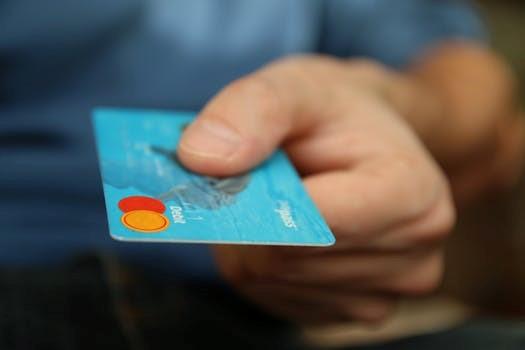Bankruptcy is a legal court procedure that helps people or businesses to gain financial stability when they are unable to pay outstanding debts to creditors. It’s not a magical way to waive off your debts, you still need to pay it, and however, you get a “stay” from the court so that the creditors won’t pressurize you, deduct money or seize your assets.
Many companies announce bankruptcy, some do it deliberately and some have no other option. Bankruptcy basically mean the business has failed to make a profit and pay all its debt.

Let’s get to know more about it and different types of bankruptcies:
How Does It Work?
When you see no other way to pay your debt then filing for bankruptcy is your last resort. Doing so will result in the discharge of some debt and some will be repaid, however, the type of bankruptcy you choose is considered here.
You need to submit an application stating that you’re filing for bankruptcy in the court. If it gets approved, the court issues an automatic stay which has the power to protect you from the lawsuits as you work your way to pay up the debt.
Types of Bankruptcies
There are bankruptcy codes which define different outcomes for the person who has filed for bankruptcy. Altogether, there are many bankruptcy codes that have different rules and conditions. Some of them are:

- Chapter 7: In this type of bankruptcy, the debtor loses all the assets to the creditors he/she owes in an orderly manner. A trustee is appointed and handed over all the assets of the debtor, who then liquefies the assets and repays all the debt.
- Chapter 9: This concerns the municipalities (cities, counties, townships etc) who are financially unstable and are being pressurized by creditors. Chapter 9 bankruptcy shields them from creditors and allows them to come up with a plan to pay the debt.
- Chapter 11: This one is for businesses and partnerships who failed to pay their debt and are willing to save their businesses from getting liquefied. This bankruptcy code gives debtors the opportunity to reorganize, bring their business to track and to back the outstanding debt they are owed to creditors. The benefit of this chapter is that no trustee is involved, hence, it is up to the debtor to liquefy the assets.
- Chapter 12: It is for farmers and fishermen who want to save their businesses and lands from getting liquefied. However, there are certain conditions that must be met to file for such kind of bankruptcy. One such condition is that the debt should not exceed from $4,153,150 in case of farmers and $1,924,550 in case of fishermen. Other than this, 50% of their total income should be generated from farming or fishing.
Note that chapter 12 bankruptcy is not eligible when a farming or a fishing business which is run of a partnership except when one party owns more than 50% of the stock.
This bankruptcy code allows them to reorganize and own their crops and the entire or part of the land which would be decided by the court judge.
- Chapter 13: Also referred to as the wage earner’s plan, in this code, only those with a regular income are eligible. They are asked to put forward a plan that covers how they intend to pay their debt. It’s not only for individuals but small businesses can also qualify for this type of bankruptcy. There are two conditions though to be eligible, that is, the debtor’s debt must not exceed $250,000 unsecured and $750,000 secured, and there should be no partnerships in the business.
The Verdict
In case you get trapped among debts and have no way but to file for a bankruptcy then learn here about Learn how to file for bankruptcy
My friend finally found a new job after losing his business last year, but he is still considering filing for bankruptcy soon to help him pay the remaining debts that he has been struggling to pay because of the lack of income. I appreciate you letting us know that only those with a regular income can be eligible for Chapter 13 bankruptcy since they will be asked to put forward how they intend to pay the debt. I’ll keep this in mind while I help my friend find a lawyer to assist with his bankruptcy filing soon.